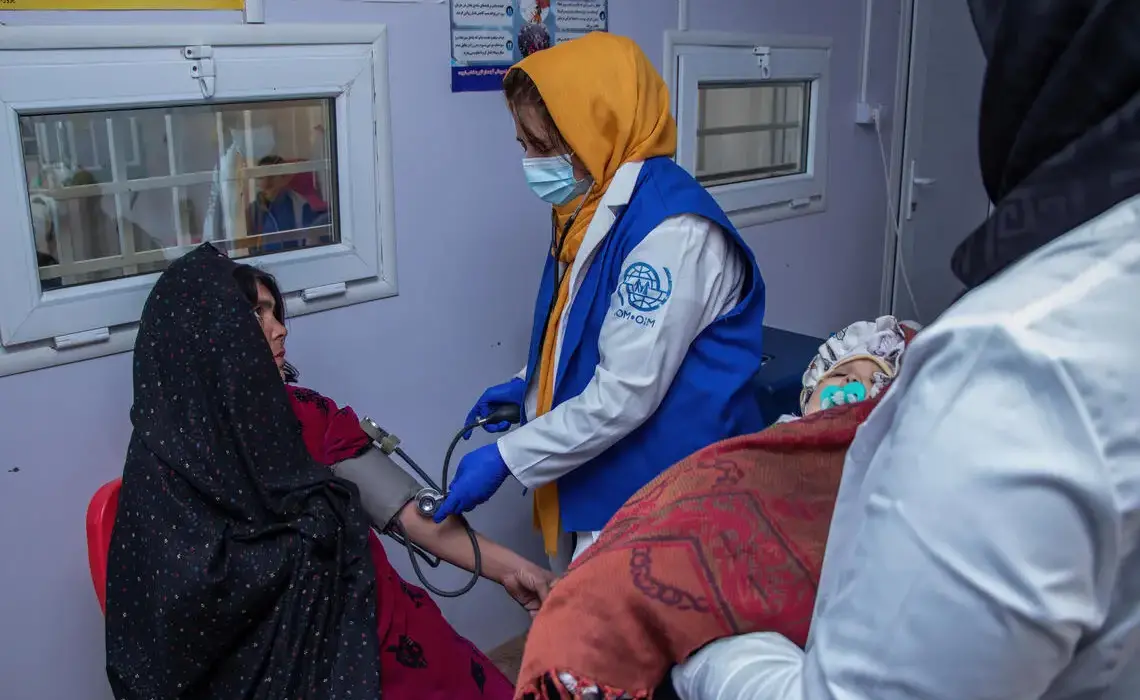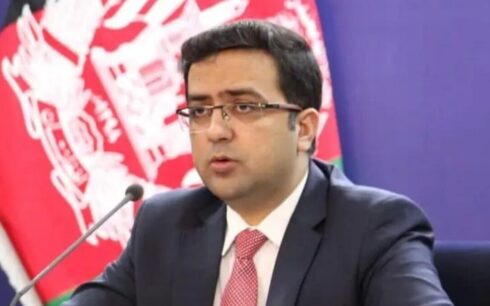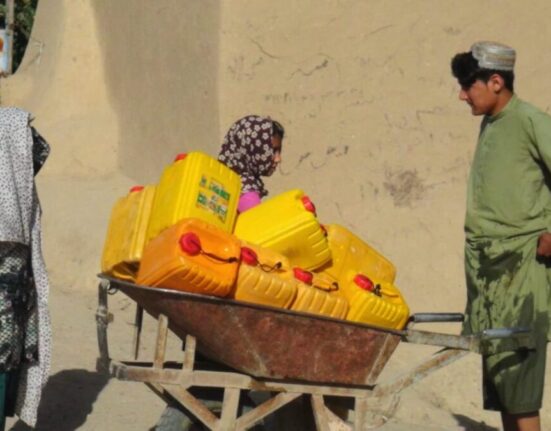KABUL — In a message on World Humanitarian Day, Inrika Ratwatte, the United Nations’ Deputy Special Envoy for Afghanistan, stressed the need for full and inclusive participation of women for the success of humanitarian efforts in Afghanistan, particularly in reaching women and girls safely and effectively.
In a powerful statement, Ratwatte underscored the critical role that local aid workers play, while also calling for urgent global action to protect those on the frontlines of humanitarian crises.
“We are forced to confront the normalization of attacks on aid workers,” Ratwatte emphasized, pointing to the daily threats and challenges humanitarian workers face as they strive to deliver assistance to the most vulnerable.
Ratwatte noted that the past year has been particularly devastating for humanitarian workers worldwide. “Hundreds have been killed and injured in the service of others,” she said. “Thousands more have been left traumatized by the horrors they have witnessed, which have so far gone unchecked.”
Afghanistan, long recognized as one of the most dangerous environments for aid workers, continues to present significant challenges even after the official end of conflict in 2021. Ratwatte highlighted that while violence has decreased, restrictive measures imposed by the de facto authorities have severely limited the participation of Afghan women and girls in public life, creating new hurdles for those delivering aid.
“Nevertheless, Afghan women and men aid workers remain the backbone of humanitarian response in Afghanistan,” Ratwatte affirmed. She praised their dedication and courage, noting that they “do everything they can to meet the needs of communities across the country, despite the challenging circumstances.”
Ratwatte stressed the importance of ensuring full and inclusive participation of both Afghan women and men in humanitarian efforts. “If the world is failing to support and engage women aid workers on the frontlines, it is failing the people they serve,” she warned.
In a call to action directed at global leaders, Ratwatte underscored the urgent need to guarantee the protection of humanitarian workers and to empower them in their mission. “Without humanitarians, especially female aid workers, the lives and well-being of millions of people will be in jeopardy,” she said. “We must all speak for humanity. The time is now. We must act for all humanity.”





